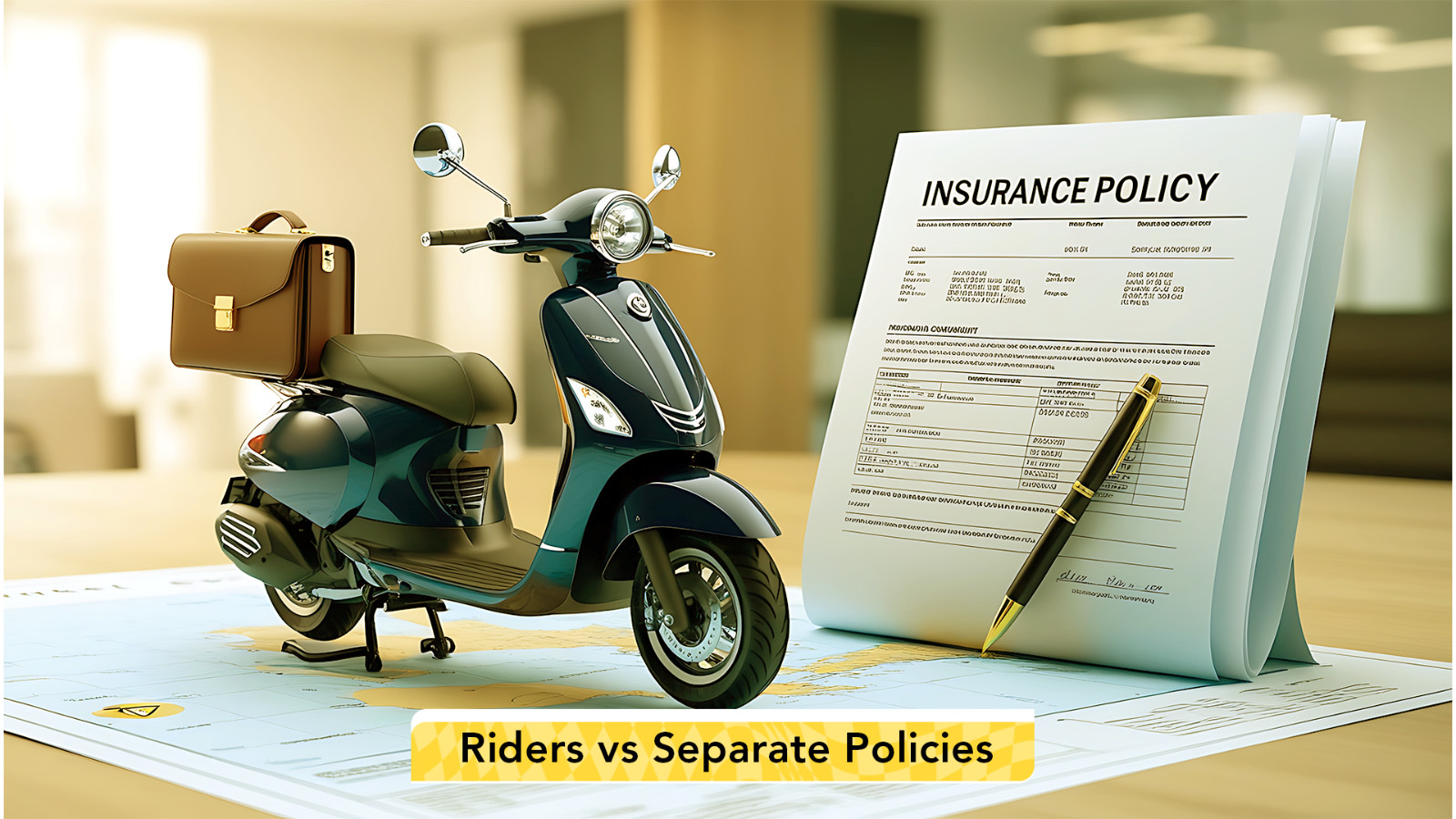Have you ever wondered why your insurance company doesn’t cover the entire bill right away when you make a claim? That’s because of something called a deductible.
Whether you’re looking at health, car, or travel insurance, understanding how deductibles work can save you a lot of money and headaches. Let’s break it down in the simplest way possible so you’re not caught off guard when you need your insurance.
What Exactly is a Deductible?
A deductible is the out-of-pocket expense that you, the policyholder, must pay before your insurance company starts covering the rest of the claim. Think of it as your contribution to the cost of the incident.
For instance, if your health insurance has a ₹5,000 deductible and your hospital bill is ₹25,000, you’ll pay the first ₹5,000, and your insurance will cover the remaining ₹20,000.
In simple terms, a deductible is like the entrance fee for your insurance to begin working. It ensures that insurance is used for significant situations, not for every small expense, and encourages you to be more responsible with your claims.
Real-Life Example:
Let’s say you’re at a friend’s party and spill a drink on the carpet. Your friend says, “I’ll charge you $10 to clean it up.” That’s like your deductible: you pay the first $10, and they take care of the rest. Similarly, with insurance, you pay the deductible, and the insurer pays the bigger part.
The Premium-Deductible Connection
Here’s where it gets interesting. Deductibles have a direct relationship with premiums:
- Higher deductible = Lower premium
- Lower deductible = Higher premium
The logic is simple. If you’re willing to pay a larger portion upfront (higher deductible), the insurer’s risk decreases, and they reward you with a lower premium. On the other hand, if you choose a lower deductible, your premiums will likely be higher because the insurer takes on more risk.
For example, if your car insurance premium is ₹12,000 with a ₹500 deductible, you may drop the premium to ₹8,500 if you opt for a ₹1,000 deductible. This can be a smart move if you have a good driving record and don’t expect to make frequent claims.
Types of Deductibles
There are two types of deductibles that you’ll typically encounter:
- Compulsory Deductible
This is set by the insurer and is non-negotiable. For instance, in motor insurance, every policyholder must pay a certain deductible based on their vehicle’s engine capacity, regardless of individual preferences. - Voluntary Deductible
This is chosen by you, the policyholder. You can raise or lower this deductible depending on your financial situation. A higher voluntary deductible will reduce your premiums, but you’ll pay more out of pocket in the event of a claim.
For instance, your health insurance might have a compulsory ₹500 deductible, but you can choose to increase it to ₹1,000 to reduce your monthly premium. If you’re someone who doesn’t frequently need medical care, the voluntary increase in deductible could be a cost-effective choice.
Why Do Deductibles Exist?
You might be asking, “Why should I pay anything at all before my insurance kicks in?” The answer is simple: to help keep insurance affordable for everyone. Without deductibles, insurance companies would be flooded with small, frequent claims, which would drive up costs for all policyholders.
For example, Let’s say someone spill a drink on your shoes at a concert. If people could file insurance claims for every such incident, premiums would skyrocket. By imposing a deductible, insurers limit claims to more significant events, ensuring that your premium stays affordable.
Where Do Deductibles Apply?
You’ll encounter deductibles in several types of insurance:
- Health Insurance: Before your insurer covers your medical costs, you pay the deductible (e.g., ₹5,000) each year.
- Car Insurance: If you’re in an accident and your repairs cost ₹20,000, you’ll pay the deductible (e.g., ₹500), and the insurance covers the remaining ₹19,500.
- Travel Insurance: You might pay a deductible for things like lost luggage or flight delays.
The basic principle is the same across all these policies: you pay a portion of the claim upfront, and the insurer covers the rest.
Striking the Right Balance
Choosing the right deductible is all about balancing risk and reward. If you’re someone with a steady income and low-risk habits, like a safe driver or someone who rarely gets sick, you might choose a higher deductible to reduce your monthly premiums.
However, if you’re risk-averse or have limited savings, a lower deductible might be the safer choice, as it’ll ensure that you don’t have to pay as much when filing a claim.
Tip: Ask yourself:
- Can I afford to pay this deductible in case of an emergency?
- How likely am I to make a claim this year?
- Do I have an emergency fund to cover the deductible?
How Deductibles Influence Your Financial Planning
Beyond premiums, choosing a deductible also influences your overall financial strategy. If you opt for a higher deductible, it’s wise to have an emergency fund to cover the deductible if an incident occurs. Without that buffer, you may end up paying out of pocket for something you were not prepared for.
Families might prefer lower deductibles to avoid frequent out-of-pocket costs, while singles or those with steady incomes may be more comfortable with a higher deductible to save on premiums.
Mistakes to Avoid When Choosing a Deductible
- Choosing a deductible too high: Sure, it may lower your premium, but if you can’t afford to pay it when you need to, it defeats the purpose.
- Not checking your policy regularly: Don’t be caught off guard by not knowing your deductible when it’s time to file a claim.
- Ignoring the emergency fund: If you choose a high deductible, ensure you have enough savings to cover it.
Conclusion
Understanding insurance deductibles doesn’t have to be complicated. The key is to pick a deductible that fits your lifestyle and financial comfort. Whether you’re saving on premiums or ensuring that you’re covered when the unexpected happens, striking the right balance is essential.
Remember, the goal of insurance is not just protection, but also peace of mind. With the right deductible, you can enjoy both affordability and security, knowing that you’re prepared without overburdening your finances.





